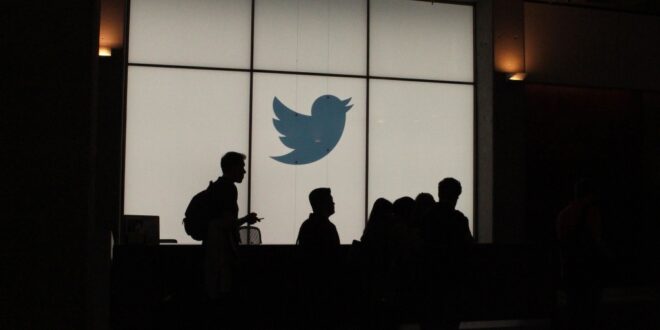Technology companies are shedding jobs at an alarming rate. Those with computing experience are laid off, sometimes without warning. Freshly innovative computer science graduates are facing employment headwinds not seen in over a decade. Is this the next dotcom bubble, which could send the economy plummeting to new lows?
barely. Every bull market is followed by a bear. These oscillations are part of business cycles. As painful as it is while it’s happening, it serves many purposes.
First, they give explosive growth a pause to allow tech companies to catch a breath and reassess the landscape. Second, they help identify inefficiencies that remain unnoticed when defects in organizations are overshadowed by growth spurts. Third, they force tech companies to reset their priorities which over time will make them stronger and more efficient.
This influx means that many people will become unemployed or may not be able to find jobs at technology companies, especially large companies like Amazon and Cisco.
The good news is that such talent is badly needed in other parts of the economy.
Electronic medical records and artificial intelligence have transformed healthcare into a technology industry. Many healthcare technological innovations require advanced algorithms to provide better diagnosis and patient care. Computer science talent is sorely needed to fill in the existing voids. As layoffs continue at tech companies, many of those affected will gravitate towards healthcare, which will ultimately make healthcare service delivery more efficient and effective. The impact of this talent drain will have positive long-term effects not only for healthcare providers but also for patient care in the future.
Manufacturing has always been playing catch-up when it comes to attracting talent in computer science. It is now in a position to employ several pop-up tech figures, providing a way to move high-tech manufacturing forward at even greater speeds. For example, introducing artificial intelligence and machine learning into the field to identify untapped efficiencies and new materials could be a game-changer for bringing some of the manufacturing opportunities that were shipped overseas to the United States.
The US Army has an unlimited need for more talent in computer science. One limitation on their ability to attract such talent is the nationality requirement. To work on classified projects requires US citizenship. Many of these people will become available, relieving pressure on defense research development and enhancing future US preparedness.
There will also be some headwinds during this transition.
Technology companies have attracted talent in computer science because of the salaries and perks they can offer. Many of the people being laid off will have to take pay cuts, which is something most people find unattractive. The days of free food, well-equipped gyms, and free childcare may be over. Expectations should be tempered as former tech company employees move into new sectors of the economy that offer less generous amenities.
However, such an influx of talent will create new opportunities that cannot be realized with a skeleton staff. Instead of having a handful of technical talents in traditional industries, critical masses will be built that have the potential to make lasting differences.
There is a fear that the current tech bubble will be like what the country experienced in the late 1990s. Technology has penetrated every aspect of society and every industry. The main headwind has often been finding and providing technical talent to facilitate advances and discoveries. What will end up being losses for the technology industry will be gains for the traditional industries.
The hope is that this talent migration becomes a permanent part of these industries, rather than a fleeting phase followed by the best tech talent returning to the tech industry. A strong technology industry is good for the economy when it comes to innovations and services. However, strong healthcare and manufacturing sectors add more value to the population. Moreover, a strong national defense keeps everyone safe.
The next few years will be painful for some. However, it will make American industry stronger—eventually.
Sheldon Jacobson is Professor of Computer Science at the University of Illinois at Urbana-Champaign. Jacobson applies his expertise in data- and risk-driven decision-making to evaluate and inform public policy. This column was provided by the Tribune News Service.
Originally posted 2022-12-22 14:04:57.
